Research: The positive impact of volunteering on young peoples’ lives
Volunteering boosts confidence, self-worth and mental wellbeing.
About the research
The SVA Service Award is the SVA’s nationwide programme for advancing student volunteering, operating in 250 secondary schools throughout New Zealand. Since its inception in 2019, the programme has seen over 14 000 students involved. While it was clear to SVA that participation in the programme was benefitting young people, evidence had remained largely anecdotal. The overall aim of the research was to go beyond anecdotal evidence, and explore the actual impact of volunteering on a young person’s life, in particular in relation to confidence, resilience, wellbeing and work-readiness.
Findings
The positive impact of volunteering on young people’s lives is undeniable, multifaceted and profound.
Volunteering helps students develop valuable practical skills, like communication and leadership skills. It enhances confidence, increases work-readiness and helps inform career choices.
Volunteering also makes students feel good and proud of themselves, and more connected to others, which are all positive emotional experiences that are linked to psychological health and wellbeing. The importance of these effects on mental wellbeing and attitude-to-self cannot be underestimated, as they are highly relevant for adolescents, a group that often struggles with a lack of confidence, self-worth and even depression and suicidal thoughts. This is relevant in the New Zealand context, where poor mental health in rangatahi has doubled in the last 10 years.
Volunteering also strengthens a sense of belonging at school and deepens connection with the local community. These outcomes are particularly significant for students who are shy, feel isolated and may not excel in school or sports. Volunteering further leads to a greater understanding of community needs, gaining social capital and expanding social networks.
The research offered insights into the barriers to volunteering, and the pathways through which the SVA can widen its impact and increase the inclusivity of the programme.
The SVA will use the findings to ensure that the programme creates better outcomes for its student community, and that involvement in the programme positions them to transition into the wider volunteer sector and advance their careers. The findings also assist the wider volunteering community by adding to the practical and academic knowledge of youth volunteering, both nationally and globally, as this area has remained largely unexplored.
About the researchers
-
Dr. Puck Algera from Kin Strategy and Research was the research lead for this project, supported by Monica Fa'asu and Dr Josephine Varghese. Puck is a strategy and research consultant specialised in social impact strategy and impact measurement. Her work centres on empowering organisations to create change for good by helping them understand and enhance their positive impact. She lectures on social impact strategy, business models for good and the future of work.
-
Dr Josephine Varghese is a researcher and lecturer within the Human Services programme of the University of Canterbury. Her research interests include inequality, poverty, migration and colonisation.
-
Monica Megan Fa'asu completed her Masters of Management Studies degree with Honours at the University of Waikato. The scope of her research was based on tertiary level education, hybrid learning environments, education communication technologies and student engagement. She currently holds a role as teaching assistant for COMMS and HRMGT taught papers at the University of Waikato.
Additional research
Carlton, S. (2015). ‘Connecting, belonging: Volunteering, wellbeing and leadership among refugee youth’. International journal of disaster risk reduction. 14: 160-167.
Carlton, S. & Mills, C. E. (2017). ‘The Student Volunteer Army: A “repeat emergent” emergency response organisation’. Disasters. 41(4): 764-787.
Grant, L. (Director). (2012) Silt Worms: The foundation of the Student Volunteer Army. Museum of New Zealand Te Papa Tongarewa, Wellington.
Johnson, S. (2012). ‘Students vs. The Machine: Lessons learned in the student community following the Christchurch earthquakes’. Tephra. Community resilience: Case studies from the Canterbury earthquakes. 23: 18-22.
Lewis, K. V. (2013). ‘The power of interaction rituals: The Student Volunteer Army and the Christchurch earthquakes’. International Small Business Journal. 31: 811-831.
Mutch, C. (2013). ‘Citizenship in action: Young people in the aftermath of the 2010-2011 New Zealand earthquakes’. Sisyphus. 1(2): 76-99.
O’Steen, B. & Johnson, S. (2015). ‘Just get out of their way! Enabling young Kiwis to make a difference’. Set: Research Information for Teachers. 3: 53-59.
O’Steen B. and Perry L. (2012). ‘Born from the Rubble: The Origins of Service-Learning in New Zealand and an Expansion of the Diffusion of Innovation Curve’. Jefferson Journal of Science and Culture. 2: 27-34.
